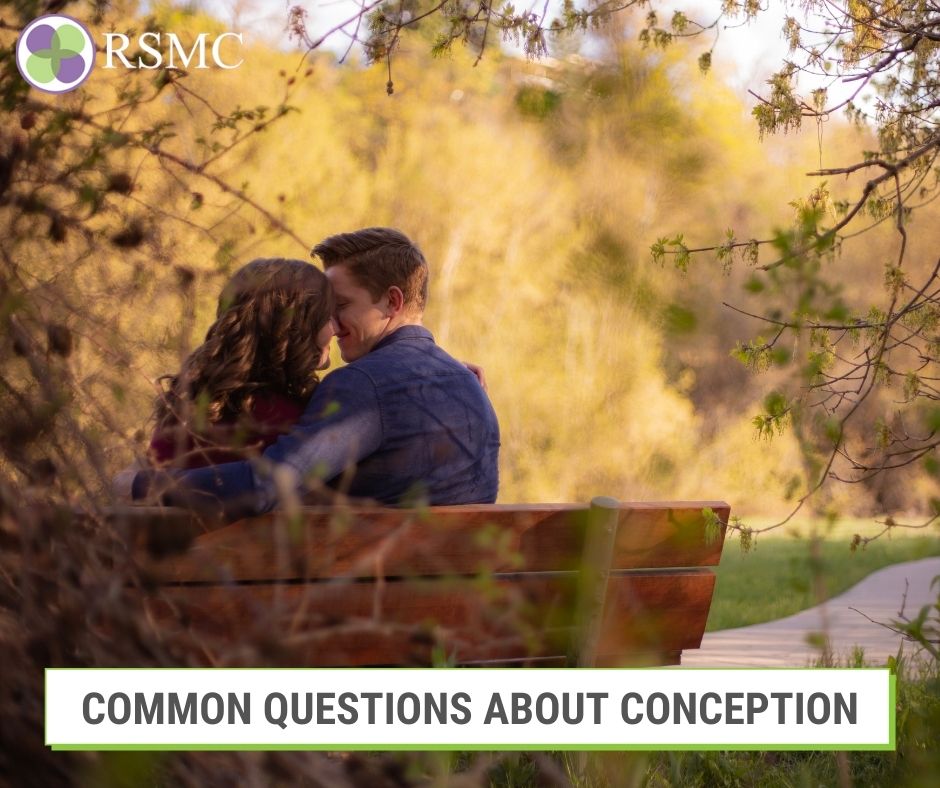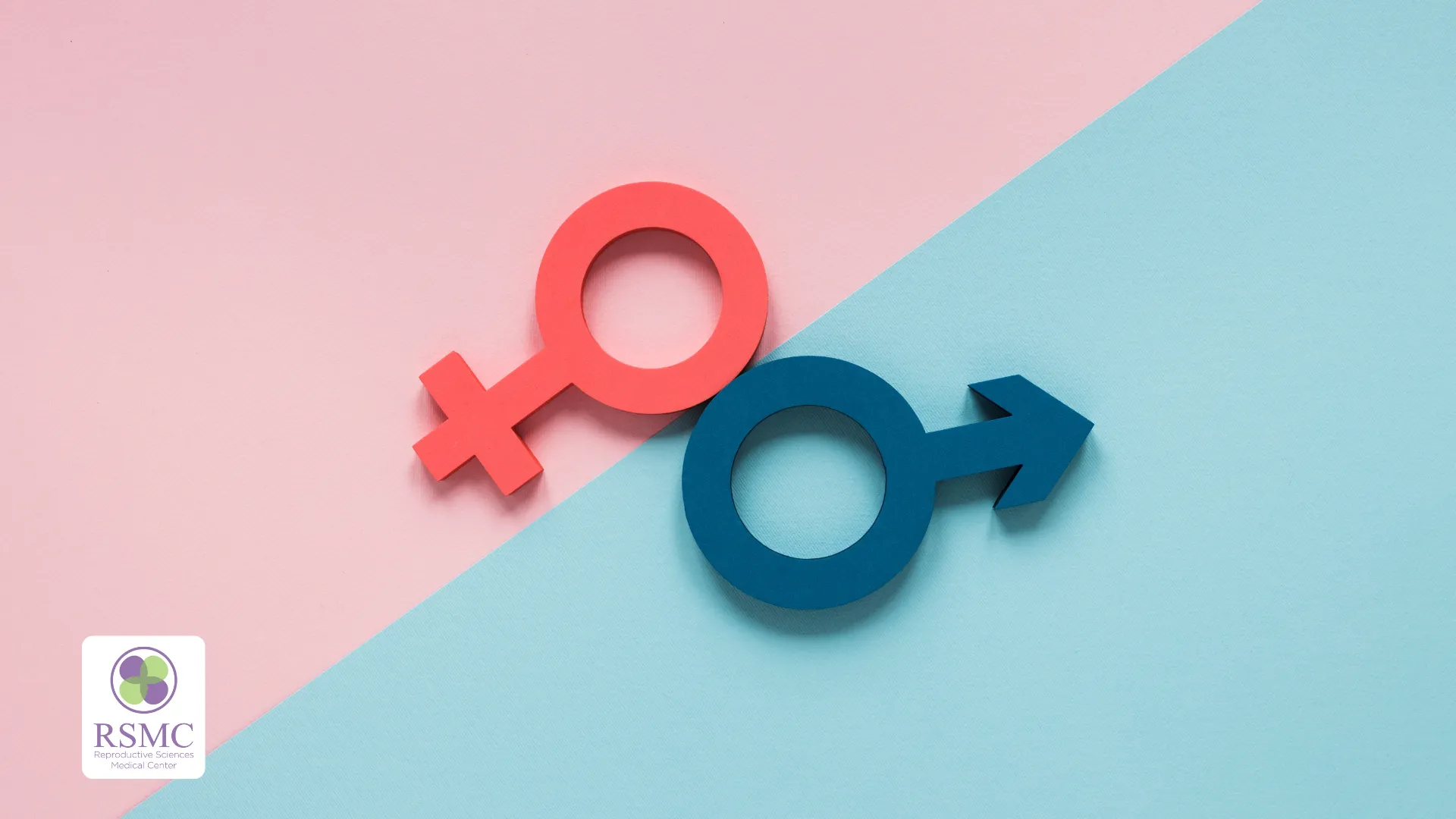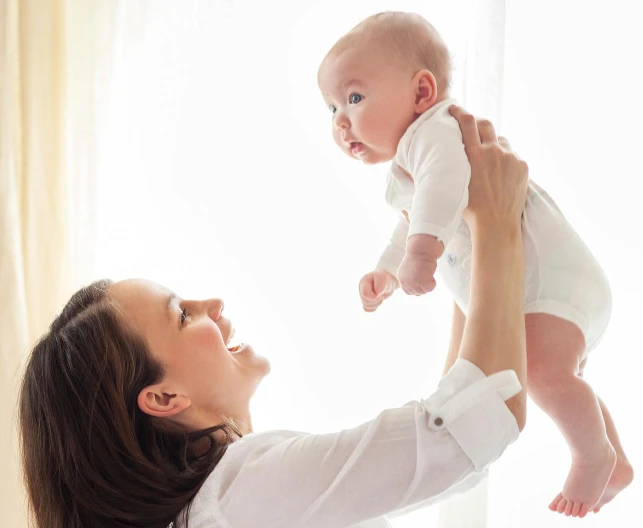Back in our middle school sex-ed class, we were made to believe that it’s easy to get pregnant. But the truth of the matter is, conceiving is often harder than we think, especially as we become older. Many couples and Intended Parents who visit our fertility clinic in San Diego, often have misinformation regarding conception and infertility treatments. In this article, we’ll give you a quick reminder of how to get pregnant to help put the record straight. It will also help you reduce the potential for a disappointment as we’ve hoped.
Q: Does being on birth control affect fertility? Will I require fertility treatment because of birth control?
Generally, birth control doesn’t impact fertility and you wouldn’t require infertility treatments. A woman’s menstrual cycle goes back to normal within one or two months of going off contraceptive pills. These pills are going to “cover over” a woman possibly irregular cycle, making her monthly cycle more predictable. Her menstrual cycle goes back to normal after she comes off the pills. Hence, the pill is often blamed for it.
Q: What should I expect if I am coming off contraceptives and trying to get pregnant?
If you have a naturally strong ovulatory and regular cycle, you should start ovulating within 1 to 2 cycles. You may use an ovulation predictor to help schedule sexual intercourse with ovulation.
Q: What are the odds of conception every month?
A woman’s chances of conception depend on the quantity and quality of her eggs, and her best years of achieving pregnancy are in her twenties, according to the American Society for Reproductive Medicine (ASRM). The ability to conceive decreases when a woman is in her thirties, especially after the age of 35. A healthy, fertile 30-yr-old woman has a 20% chance of conceiving each month of trying. This implies that for every 100 women trying to become pregnant in a cycle, 20 will achieve pregnancy, and the remaining 80 will need to try again. For a 40-yr-old woman, the chance of conception is below 5% per cycle, so less than 5 out of 100 women would get pregnant every month.
Q: Why does egg quality decline with age? What fertility treatment options should I seek if I wish to get pregnant with my own eggs at a later age?
The idea of egg quality has to do with the chance that an embryo will implant and has been linked to the woman’s egg reserve and the age of her eggs. It’s impossible to determine egg quality by just looking at it or evaluating how reactive it will be to sperm or how actively the cells of the embryo created with it are dividing. Although we can do ovarian reserve testing to check the egg supply, we are yet to have a standard test for determining egg quality. Presently, the most reliable standard for egg quality is the age of the woman.
A large part of the problem with egg quality as women get older has been linked to an increased chance for chromosomal disorders to impact the eggs. Chromosomal disorders can affect the number of chromosomes (i.e., Turner syndrome or Down syndrome) or the chromosome structure, which can manifest as chromosome duplication, translocation, or deletion. The key point is, egg quality declines, and the chance of chromosomal disorder increases as a woman becomes older. However, PGS and PGD options can still help you find possible genetic flaws.
Presently, the best infertility treatment option to become pregnant with your own eggs at a later age is through egg freezing and embryo freezing. Our RSMC fertility clinic in San Diego, California offers both options for all hopeful parents.
Q: We were on birth control only for a few years. But now, we have been actively trying to get pregnant for 6 months with no success. Do we need to be worried or consider fertility treatment?
Usually, when couples are not taking contraceptive pills or patches, they will prevent pregnancy by having the man withdraw his penis before ejaculation. Withdrawal of the penis prior to ejaculation is not a reliable method of birth control. Thus, there must be another thing that is preventing you from getting pregnant. In this case, we suggest you take advantage of the consultation at our fertility clinic in San Diego and find out what might be the cause and whether an infertility treatment is required.
Q: Is there an ideal time to have sex?
The perfect time to have sex that will lead to pregnancy is when there’s a surge in the woman’s luteinizing hormone (LH). In a normal 28-day cycle, this often occurs around the 14th day. The body releases one mature egg a day after the peak of the luteinizing hormone surge. The egg can only survive a day after ovulation. If conception does not take place, the egg will die, and there won’t be a pregnancy that month.
Male sperm can survive in the female reproductive tract for 5 days. However, the best timing is when the levels of (luteinizing hormone) LH are very high so that sperm will already be waiting in the oviduct by the time the egg is released. Trying to conceive from days 12 to day 16 is a sensible thing to do. Some people may even want to extend this to between days 10 – 18. If a couple can only have sex once a month, then they need to do it at the time of the LH surge. Engaging in sexual intercourse too early or too late in the cycle may be good for a relationship. However, it would be for leisure, not to procreate.
Q: How do I know if I am ovulating?
If your menstrual cycle is regular and predictable, then it means that you are ovulating. A lot of women are aware of the changes that occur in their bodies during their menstrual cycle. Some women notice that their cervical mucus changes; others report that they can really feel the ovulation event occurring. Once ovulation takes place and the egg is released, you might experience the effects of progesterone, like the tenderness of the breast. However, even if you don’t notice all of these things, you may still be ovulating, most especially if you have a normal, regular menstrual cycle.
Q: Do I need to use an ovulation predictor kit?
One good way to be certain that ovulation is taking place is by using an ovulation predictor kit. There are a lot of brands out there you can try. One of them is the Clear Blue Easy kit, which is extremely easy to interpret – a smiley face means positive, while a circle means negative. Start ovulation testing around the 12th day. It’s great to have many negative days so that you will be sure it’s positive when you get a positive result.
Q: How frequently should we have sexual intercourse? Should I think of fertility treatments if regular intercourse does not result in pregnancy?
People should have sex whenever they naturally feel to do so. Conception can be stressful, but intercourse should not. Men usually find it difficult to perform on demand. Attempting to get pregnant after many months of unsuccessful tries can put big pressure on the couples. It can affect the romance in a relationship. Doctors believe that engaging in sex every other day during the ovulation week is reasonable. You can even do it every day if it feels right for you. Although some couples worry that having sex every day will deplete the amount of sperm the male partner has available, that is just a myth.
For the second part of the question, yes. As mentioned before, if you haven’t been able to get pregnant after six months of unprotected sex, we suggest you make an appointment with our fertility clinic in San Diego, CA to discuss what infertility treatment would be best suited for you.
Q: Is one sex position better to get pregnant?
Well, no. All positions work just fine.
Q: Should I lay with my legs up after sex?
There’s no need for this. You may wait 5-10 minutes before standing up after sex if that will make you feel more at ease. However, this is totally unnecessary.
Q: A large amount of ejaculate spills out after withdrawal. Is this a problem?
No. More than adequate sperm will still be in the vagina.
Conclusion
We know there are many questions related to pregnancy that would be better asked and answered in person. If you wish to learn more about conception or want to know about infertility treatment options, simply schedule a Fertility consultation with our fertility clinic in San Diego, California, or visit our website to have a chat with our team.
Table of Contents
- Q: Does being on birth control affect fertility? Will I require fertility treatment because of birth control?
- Q: What should I expect if I am coming off contraceptives and trying to get pregnant?
- Q: What are the odds of conception every month?
- Q: Why does egg quality decline with age? What fertility treatment options should I seek if I wish to get pregnant with my own eggs at a later age?
- Q: We were on birth control only for a few years. But now, we have been actively trying to get pregnant for 6 months with no success. Do we need to be worried or consider fertility treatment?
- Q: Is there an ideal time to have sex?
- Q: How do I know if I am ovulating?
- Q: Do I need to use an ovulation predictor kit?
- Q: How frequently should we have sexual intercourse? Should I think of fertility treatments if regular intercourse does not result in pregnancy?
- Q: Is one sex position better to get pregnant?
- Q: Should I lay with my legs up after sex?
- Q: A large amount of ejaculate spills out after withdrawal. Is this a problem?

























